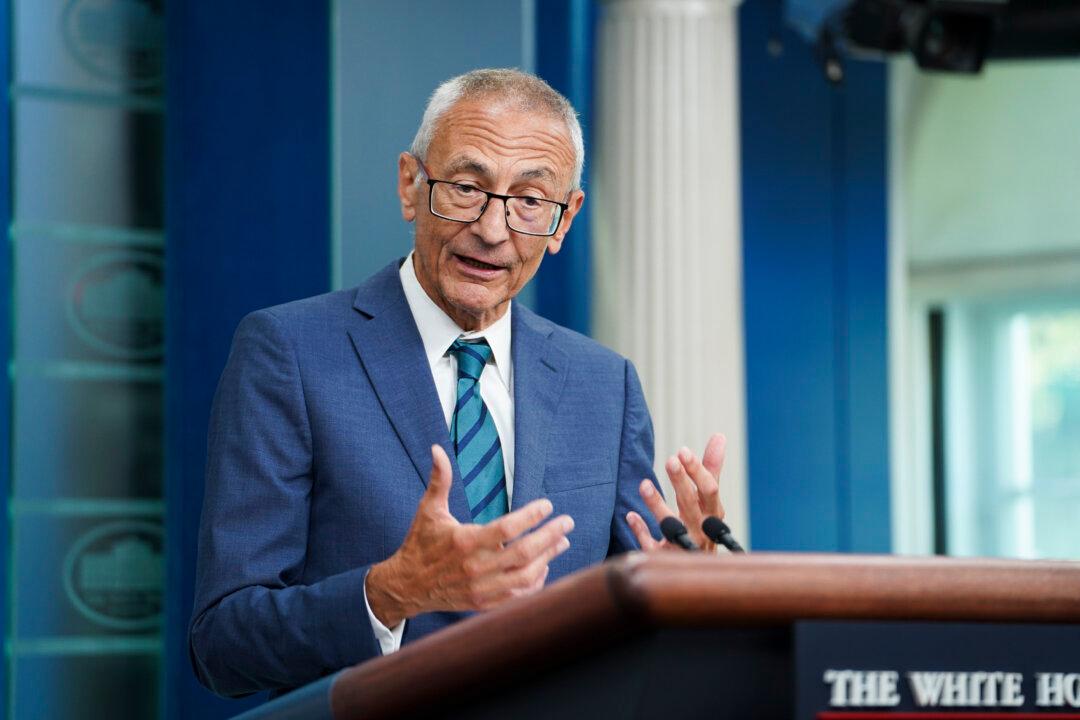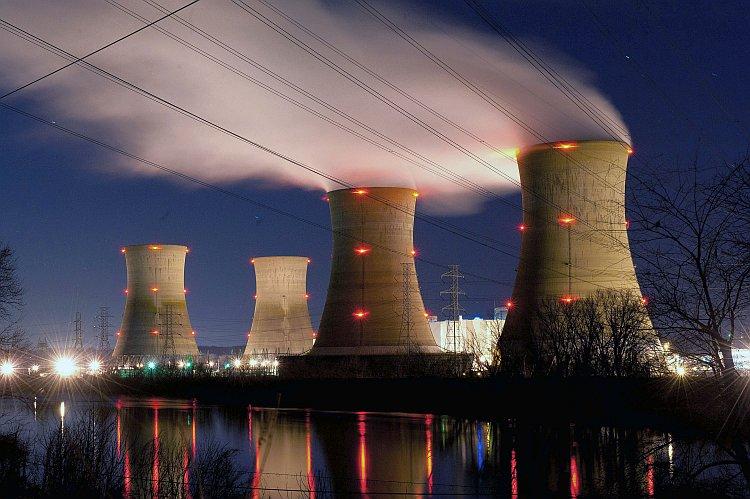Critics’ claims that President Joe Biden’s “green energy” push is spurring investment in renewable energies dominated by Chinese mining companies, supply chains, and production capacities are accurate, said former Clinton administration chief of staff John Podesta, who chairs the White House’s National Climate Task Force.
“It is true that China dominates the supply chain. It is true because we have ceded this to them for decades, letting jobs and factories go overseas,” he said. “But we are rewriting the playbook.”





